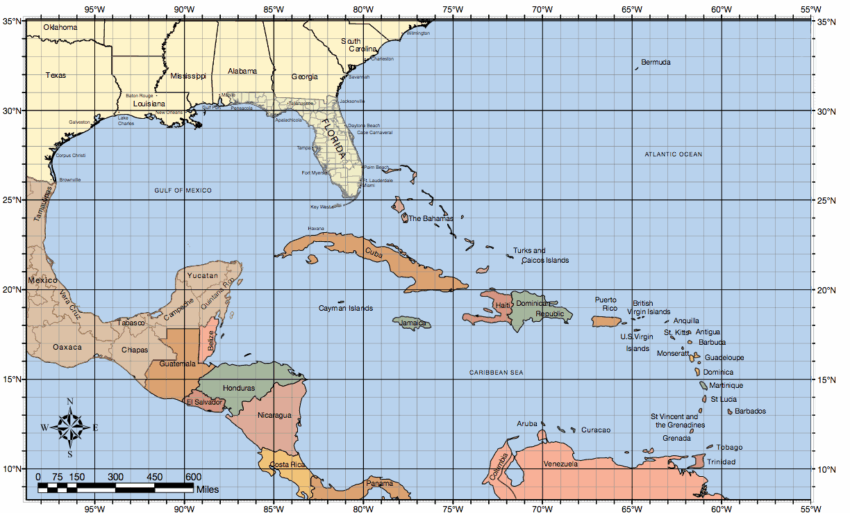Before an emergency threatens the state, have a plan in place. People with unique abilities or special needs may face obstacles that require more detailed planning. Here are recommendations that may assist you:
DETERMINE SHELTER OPTIONS
Obtain emergency preparedness information from state and local agencies. If your community shelter cannot accommodate your needs, you will need to go to a special needs shelter, which provides a level of medical care appropriate for your condition.
Speak with your physician regarding practical plans for your safety. If you receive regular treatments, consult your service provider regarding their plans for continuing services during an emergency.
PREPARE IMPORTANT DOCUMENTS
Have a list of people in your Personal Support Network, including contact information for each. These individuals should all be aware of your functional abilities and limitations.
Create a document with all current health information (medical conditions, doctors, insurance policy numbers, hospital preferences, list of all medications, etc.).
SIGN UP FOR FLORIDA SPECIAL NEEDS REGISTRY
Florida Division of Emergency Management keeps a current database of individuals with disabilities or special needs. Contact your local office and advise them of your specific needs. Each county has its own process and forms for registration, and many forms are downloadable from websites. You must update your form annually to be certain your information is current.
Go to floridadisaster.org/shelters for information regarding special needs registration by county.
REGISTER FOR VITAL SERVICES
Make certain you or a loved one are included in your county's Special Needs Registry.
If you must have electricity for your medical needs, or have a condition that cannot be provided for at a general population shelter, you should pre-register for your county's special needs emergency sheltering and transportation program.
If you require transportation to your assigned location, make these arrangements in advance.
PREPARE EQUIPMENT & SUPPLIES
• Place identification labels on all medical support equipment you plan on taking to the shelter with you.
• Collect your emergency equipment early.
• Have at least a three-day supply of bottled water (one gallon per day per person) and non-perishable, easy-to-prepare food.
• Keep a seven-day supply of any prescription or non-prescription medications on hand.*
• If you can drive, fill up your car's gas tank.
ARRANGE FOR SERVICE ANIMALS
Service animals are allowed in shelters if they meet requirements. It must have a collar with identification, proof of up-to-date vaccinations and written instructions for the animal's care. You are responsible for care of your service animal during your shelter stay.
* Florida law allows you to obtain a 30-day refill of prescription medications regardless of the date of the last refill so long as you reside in a county that is under a hurricane warning, a state of emergency declared by the governor, or has activated its Emergency Operations Center.

